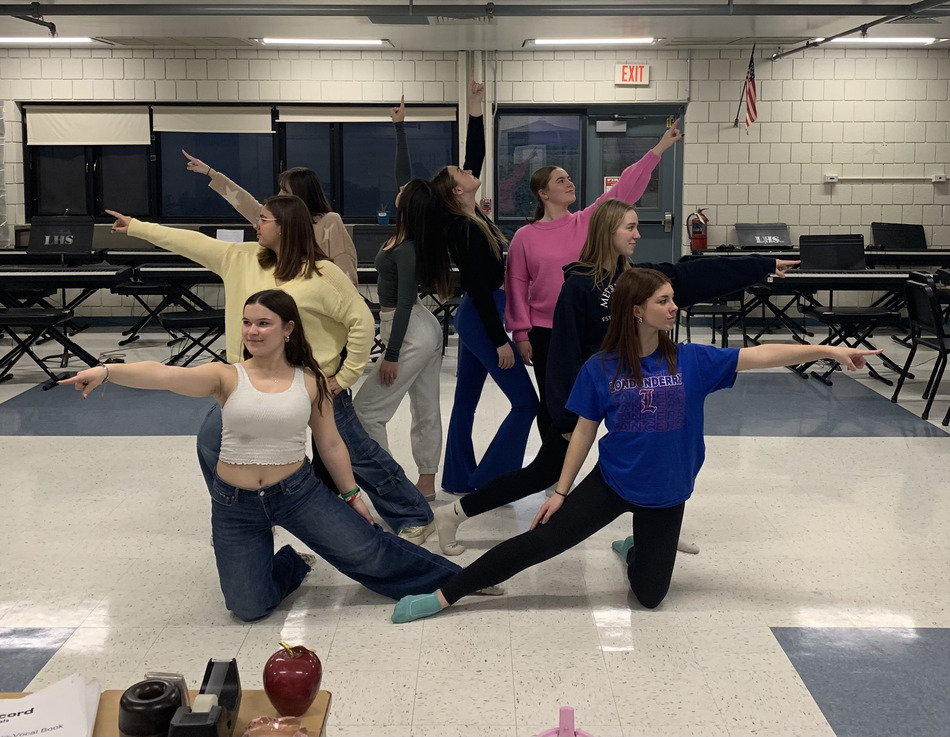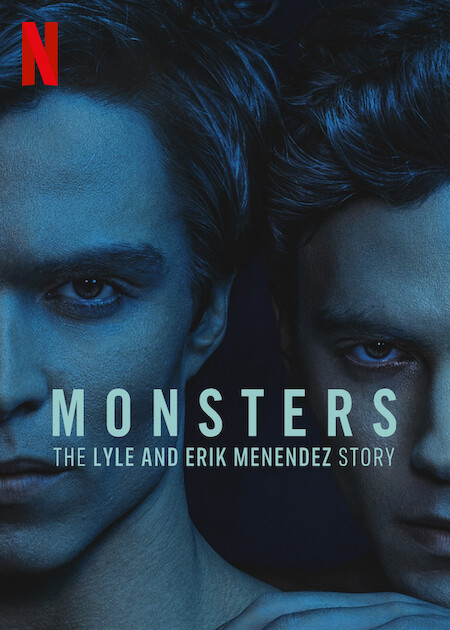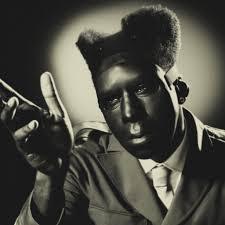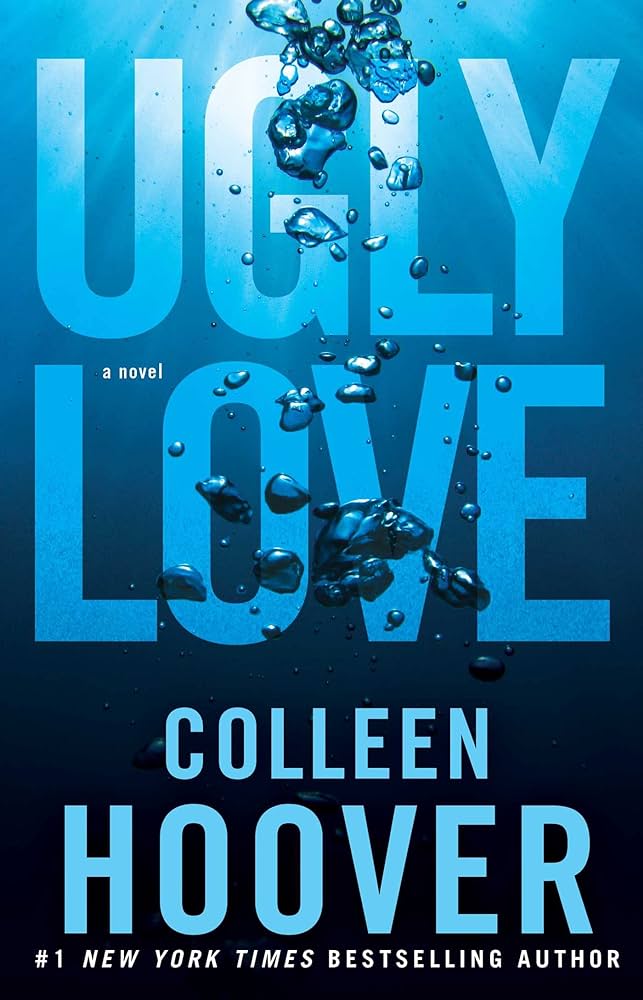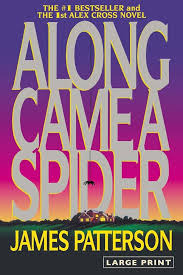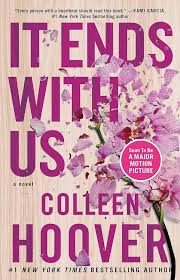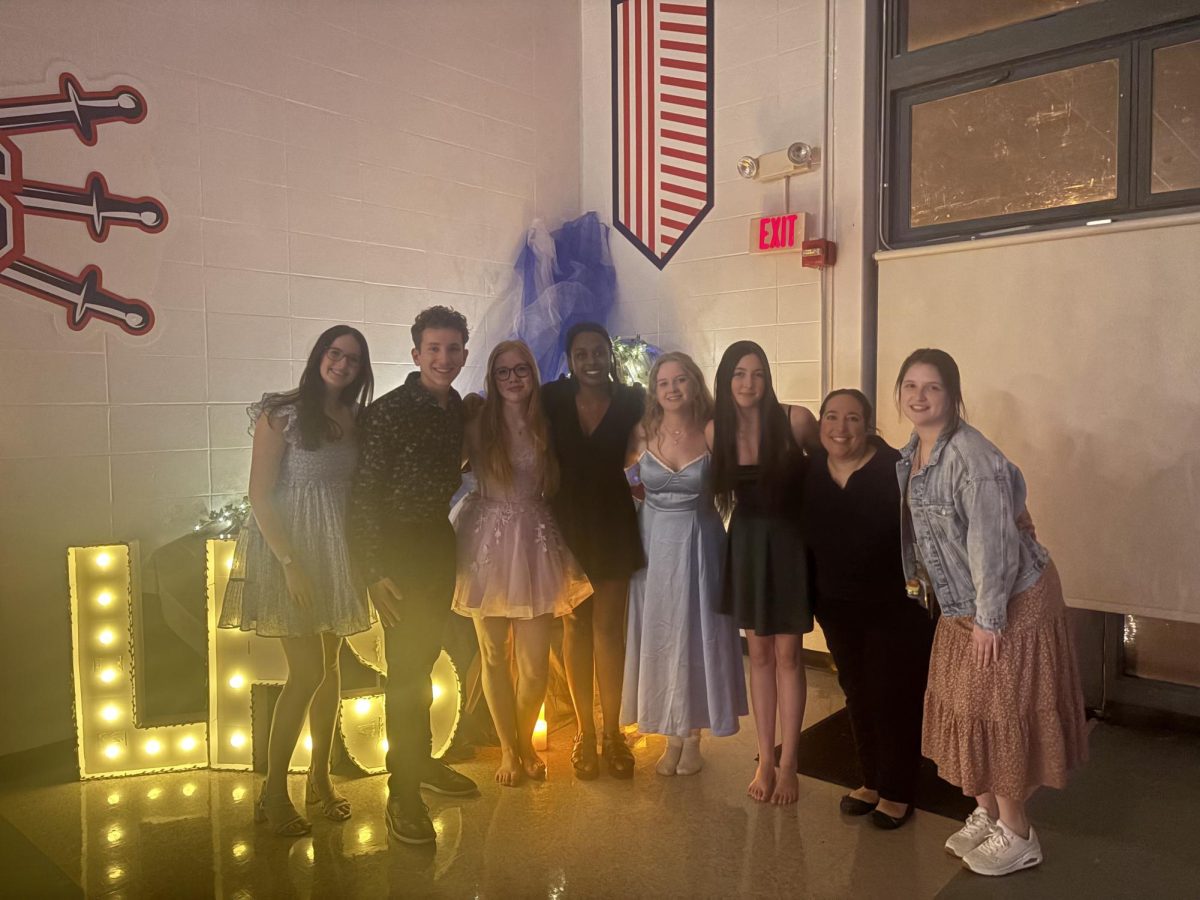Beyonce is one of pop music’s most unpredictable figures. The tumultuous, generation-defining trajectory that has brought her her to pop icon status from her humble origins cutting a hokey R&B tune for Men in Black as part of Destiny’s Child, is one of music’s most compelling stories. Ever the storyteller, Lemonade shows Beyonce in full auteur mode, spinning a complex – at least somewhat autobiographical – tale of love, sex and, ultimately, forgiveness.
For now, forget about trying to separate the truth from the fiction of Lemonade. “Whether Jay Z cheated or not” is a question best left for the tabloids (or, apparently, Hov’s next album). What matters is that the story of infidelity and heartache that underpins Lemonade makes for a concept album unlike any other, and the HBO-produced short film that accompanies the LP supplements Bey’s already-cinematic songwriting with sexually surreal visuals. It’s like if David Lynch directed a music video, and it makes for an interesting, if offputting, pairing with the album.
While the rallying cry of “Formation” is left for bonus track (or end credits) territory, its visceral sound and empowering message is felt in ripples throughout the rest of Lemonade. This is pop music untethered; an organic fusion of pop, rap, electronic, R&B, and even rock elements. Her choice in collaborators is top-notch, as evidenced by contributions from everyone from The Weeknd to James Blake to Kendrick Lamar. The dancehall-esque pulse of “Sorry” stands in sharp contrast to the gutsy blues of Jack White duet “Don’t Hurt Yourself,” yet the dissonance lends itself to cohesion. With the exception of the unnecessary countrified acoustics of “Daddy Lessons,” Lemonade shows Beyonce at her best, firing on all cylinders to create pop music that doesn’t cross genres so much as leaves them behind.
Perhaps the most surprising thing about Lemonade, even moreso than the literal surprise release of the album, is its conclusion. After an album’s worth of bile, directed at everything from her husband to society to Becky with the good hair, Lemonade ends with an ode to marital bliss. Even in the face of emotional pain and betrayal, love conquers all. It’s a Hollywood ending to a Hollywood album, and befitting of the broad, cinematic brush that Beyonce has painted her entire career with.
The continued power of Beyonce is to churn out chart-topping hits that simultaneously manage to channel the public conscious of the modern audience. In an era rife with civil unrest and in the midst of the ugliest sociopolitical environment in decades, Beyonce can drop a song like “Freedom.” Its eclectic mix of throwback rhythm-and-blues sonics and hard, heavy club production forms a beat the masses can march to, and her vocals a sermon on independence from atop the pulpit of pop. “I break chains all by myself,” she declares as a symphony of horns, drums and backing vocals sweeps overhead, and by the song’s close, you believe her.
8/10





